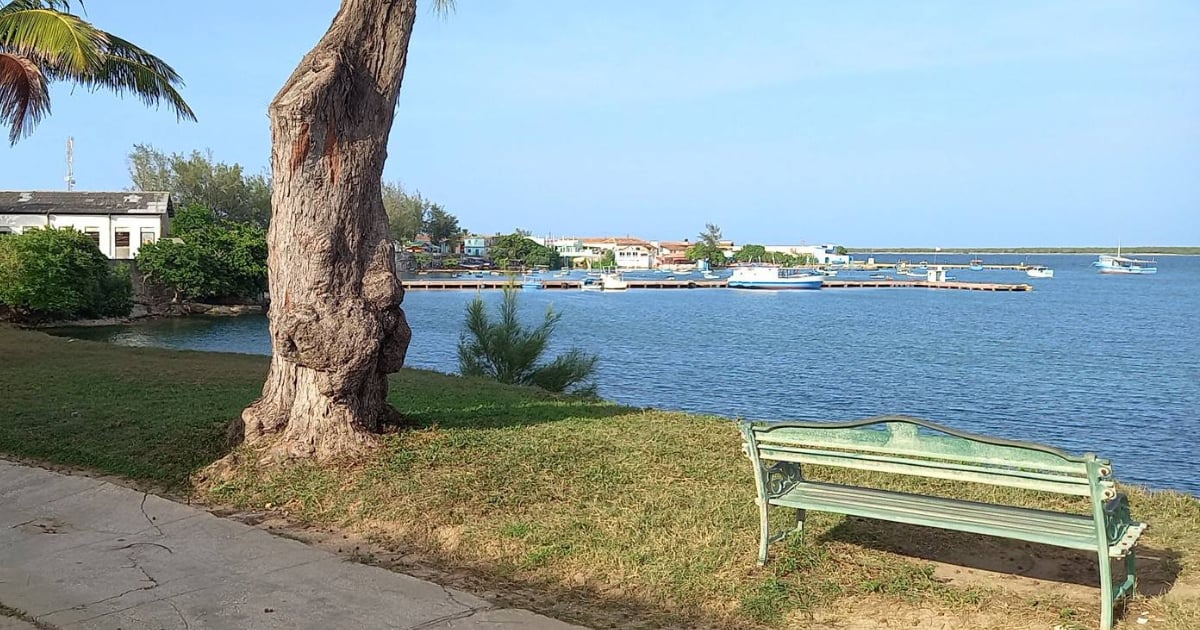A man was apprehended in Gibara, Holguín, while attempting to swim across the city's bay allegedly to smuggle beef. The incident was reported by a Facebook profile named 'Cazador-Cazado,' which is linked to Holguín's Ministry of the Interior (MININT). The post described the event mockingly, disregarding the presumption of innocence, as the man had not been tried or convicted for the alleged crimes.
The official post identified the detainee as Francisco Leal, commonly known in his neighborhood as "Niñito." He was suspected of cattle theft and slaughter and was under surveillance. According to the post, local farmers claimed this wasn't his first offense, mentioning previous incidents where he allegedly escaped after stealing cattle.
Leal reportedly planned to "transport a significant amount of beef" by swimming across Gibara Bay, pretending to be engaged in underwater fishing. "When you engage in swimming and 'extreme sports,' things like this happen: Just as he was climbing onto the boardwalk, authorities captured him. The saying 'if they're watching you, you can't escape' fits perfectly here. Watch out, 'swimmers'!... Gibara is on alert, and pond tilapia isn't your thing," the MININT-associated social media profile sarcastically noted.
No specific details were provided about the quantity of beef or its origin, leaving the claim that "this wasn't the first time" in the realm of suspicion. Amidst the country's inflation crisis, reports in mid-June indicated that pork prices in Havana had exceeded 1,100 pesos per pound.
In May, Havana police apprehended several individuals in Guanabacoa suspected of cattle theft and slaughter, as detailed by the official Facebook profile 'Héroes de azul.' The butchers were caught while transporting the meat in sacks. Around the same time, activist Aníbal Ferrand wandered through Baracoa's streets, asking residents when they last ate beef, highlighting the economic crisis's impact on the city's food supply. Many couldn't even recall the last time they had beef.
In late April, social media circulated images showing beef bones being sold as if they were meat in Havana. The photos displayed nearly stripped bones in plastic containers placed on pallets by the seller. In March, Cuban Anisleidis Parra Muñoz reported the violent arrest of a relative for allegedly possessing beef. The incident occurred inside their home and in front of several minors when Mella municipality police in Santiago de Cuba stormed in, assaulting her husband and her underage stepson.
Similar to Leal's case in Gibara, Cuban authorities used social media to disseminate their version of events, not from an official account, but through a profile associated with the Ministry of the Interior.
